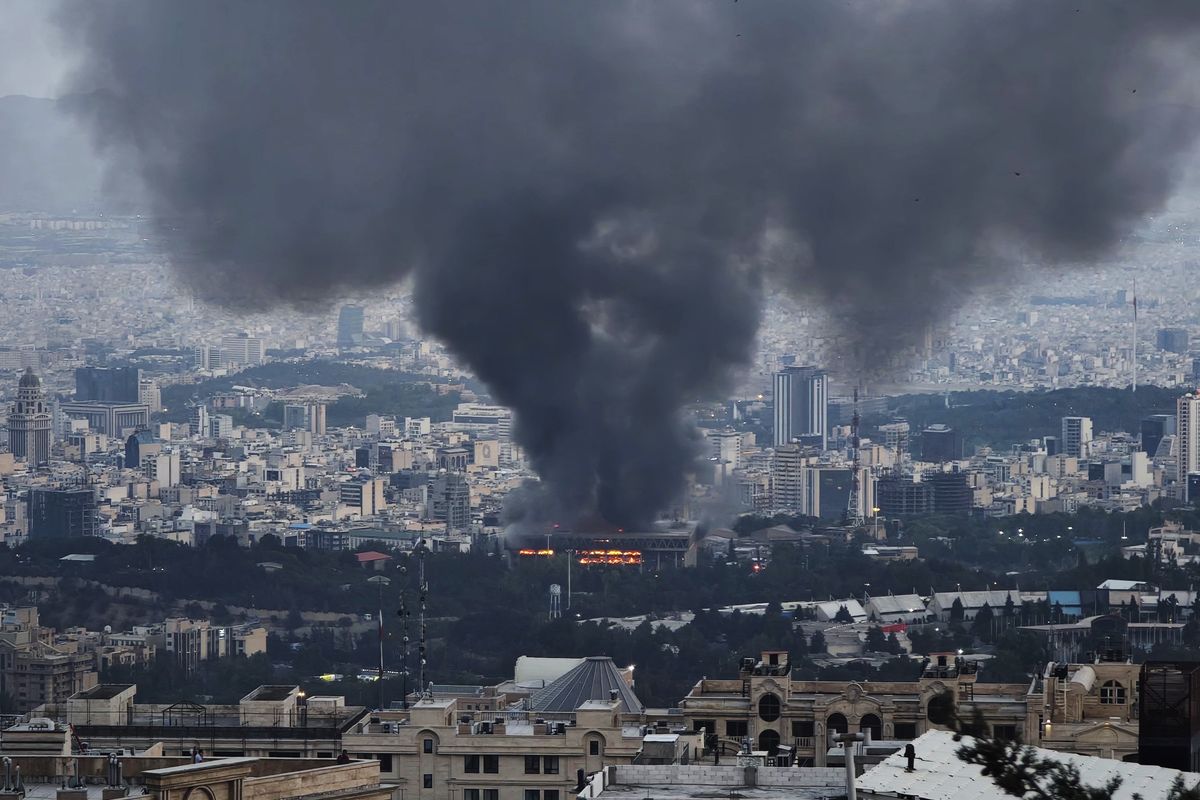Nowhere on earth is an act of terrorism more likely to spark a nuclear war than in South Asia.
This is by no means a unique or recent observation. In early 2010, I wrote a “Contingency Planning Memorandum” for the Council on Foreign Relations suggesting that in the aftermath of the Mumbai terrorist attacks in November 2008, India was more likely to respond with force to the next major act of terrorism by Pakistan-based terrorists. After that, it would be impossible to rule out the possibility of tit-for-tat escalation across the nuclear threshold.
In many ways, the situation in South Asia is worse now than in 2010. India’s political transition from the mild-mannered Prime Minister Manmohan Singh to the hawkish Narendra Modi has so far made New Delhi less interested in diplomacy and more eager to prove that it will respond forcefully to Pakistani provocations. Both sides have missed opportunities to resume bilateral negotiations.
But both sides are not equally at fault. Most of the onus falls on Pakistan. Seven years after the Mumbai attacks, India’s most basic demands to bring the perpetrators to justice remain unsatisfied. Rather than finding creative ways to demonstrate that Pakistan should not be considered a state-sponsor of anti-Indian terrorism, leaders in Islamabad have hunkered into a defensive crouch. They blame their legal system for hindering prosecutions of terrorist leaders, then change the subject by decrying India’s alleged support to anti-Pakistani militants in Balochistan and along Pakistan’s tribal frontier with Afghanistan.
Sometimes these diversionary arguments are followed by quiet assurances that Pakistani security forces are busy keeping a lid on violent extremists—including anti-Indian ones like Lashkar-e-Taiba (LeT). Yet when LeT leaders organize massive public rallies in Pakistan’s major cities and participate in humanitarian relief operations around the country, Americans—like their Indian colleagues—find such claims hard to swallow.
Oddly, in the face of these troubling developments, the White House has chosen to devote its limited bandwidth to talks about “mainstreaming” Pakistan’s nuclear program. In principle, negotiating a path to greater nuclear restraint would be a worthy goal, as Pakistan’s arsenal is growing in costly ways that will likely make it harder to manage in a crisis scenario.
But the persistent problem of Pakistan-based terrorism simultaneously renders a nuclear deal unrealistic and of only marginal utility to the United States. For starters, how serious can the Obama administration actually be in dangling the incentive of Pakistan’s membership in the Nuclear Suppliers Group as long as Islamabad fails to adequately confront terrorist groups at home? And then, even if Pakistan were to sign nonproliferation agreements like the Fissile Material Cutoff Treaty or Comprehensive Test Ban Treaty, would that calm the fears of U.S. officials already concerned that another Mumbai could send India and Pakistan to war?
That said, perhaps Obama administration officials have exhausted all serious options for preventing a terrorist-sparked Indo-Pakistani conflict in the near term. Perhaps they are also content with their progress in Afghanistan, where Pakistan plays an essential role in dealing with the Taliban. If so, they have more than earned the chance to discuss the trajectory of Pakistan’s nuclear program with Pakistan’s leaders, who for their part are likely to be a leery and skeptical bunch when it comes to trading on the future of a program they consider their principal security guarantee against India.
But this seems not even remotely likely. Until it is, Pakistan-based terrorism—including anti-Indian terrorism—warrants a far higher priority on the U.S. agenda than nuclear negotiations.












